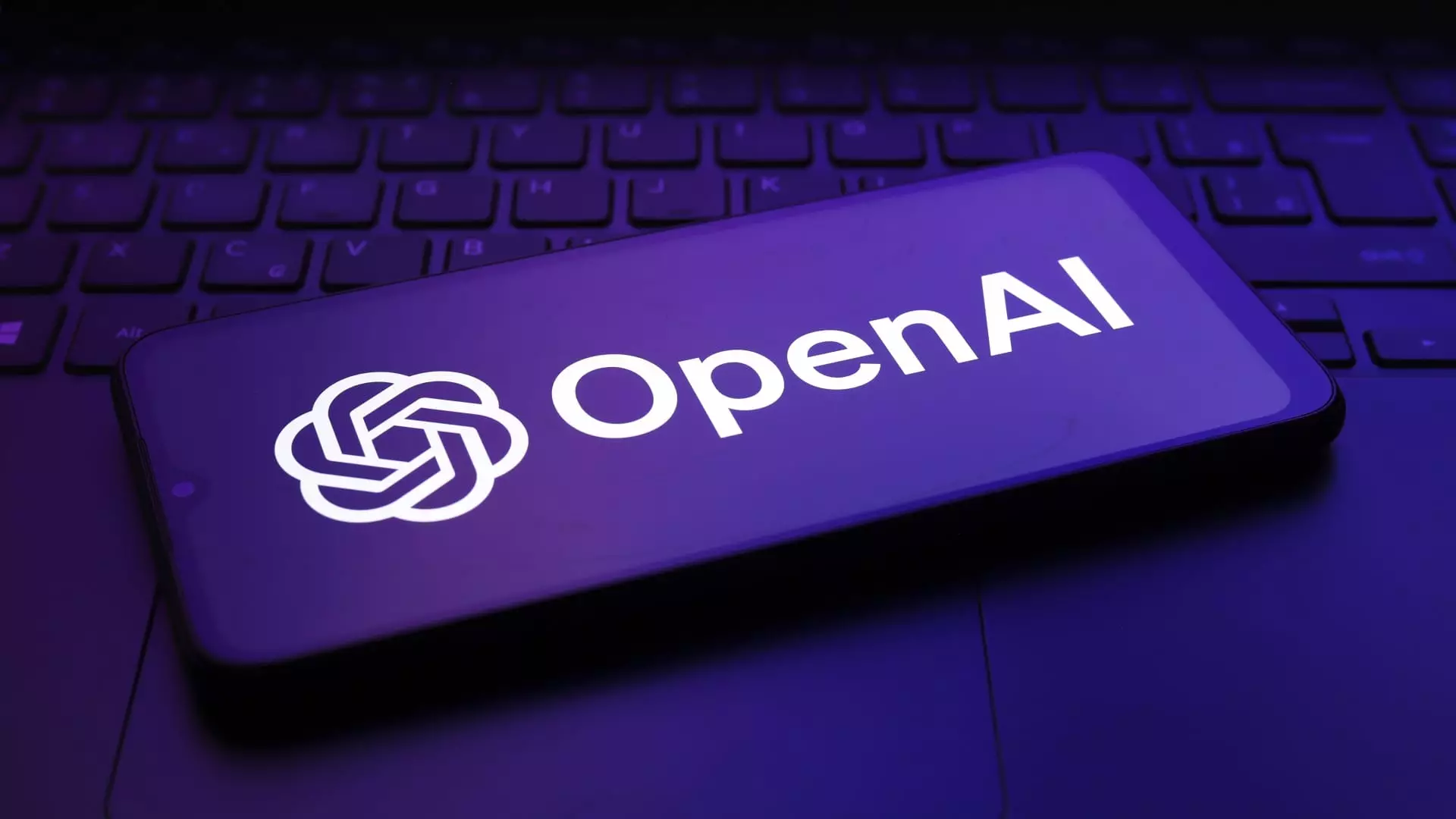In recent weeks, the tech community has been shaken by the tragic death of Suchir Balaji, a former researcher at OpenAI. At the age of 26, Balaji was discovered unresponsive in his San Francisco apartment, prompting an investigation by local authorities. Preliminary reports from the San Francisco Police Department state that there was no indication of foul play. The case was ruled a suicide, a fact confirmed by David Serrano Sewell, the executive director of the city’s Office of the Chief Medical Examiner. Balaji’s passing has raised profound concerns regarding the mental health challenges faced by professionals in the high-stakes technology sector.
Balaji’s exit from OpenAI in early 2023 was not mundane; rather, it was steeped in controversy. He vocally criticized the company for what he perceived as violations of U.S. copyright law related to the development of ChatGPT, a software that has since garnered immense popularity. His public statements emphasized a moral imperative to safeguard the rights of content creators in the face of advancing AI technologies. “If you believe what I believe, you have to just leave the company,” he indicated during an interview, reflecting his deep concerns over the implications of AI systems on intellectual property.
Balaji’s situation throws a spotlight on significant ethical dilemmas within the AI landscape. The ongoing tussles between AI developers and content creators highlight a broader societal conversation about ownership, liability, and the evolving role of artificial intelligence in our lives. Several legal disputes involving OpenAI and various content creators underline the urgency of addressing copyright concerns as technology continues to evolve at a breakneck pace. Furthermore, Balaji’s story compels us to consider the mental health challenges that may accompany the pressure to innovate within such a competitive landscape.
In the wake of the disturbing news surrounding Balaji’s death, OpenAI expressed its condolences, stating, “We are devastated to learn of this incredibly sad news today.” Such sentiments resonate beyond the walls of corporate entities and reflect the collective grief felt within the technology sector. As AI continues to shape the future of various industries, it raises the question of how organizations can better support their employees, especially those who may face moral and ethical quandaries that weigh heavily on their conscience.
In reflection, Balaji’s untimely passing serves as a somber reminder of the complexities entangled in the rapid advancement of technology and its implications for society. As OpenAI navigates its ongoing legal challenges and the ethical implications of its AI technologies, there is an urgent need for a collective re-evaluation of mental health support mechanisms within the tech industry. By recognizing the pressures faced by individuals like Balaji, we can foster a more supportive and conscientious atmosphere in this rapidly evolving field.

